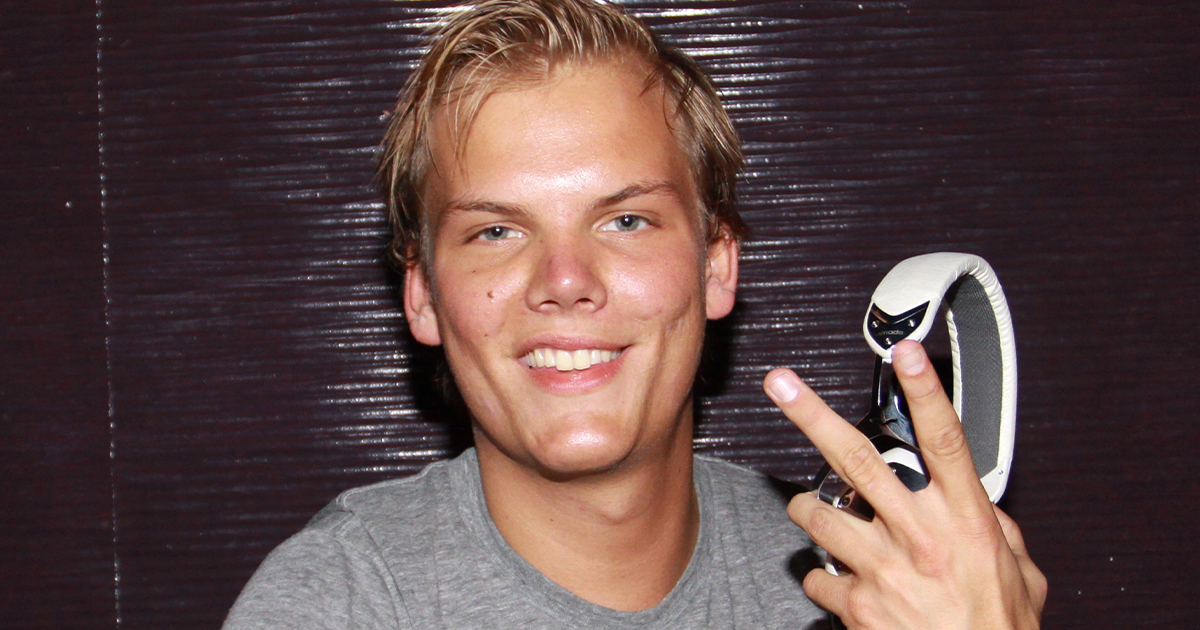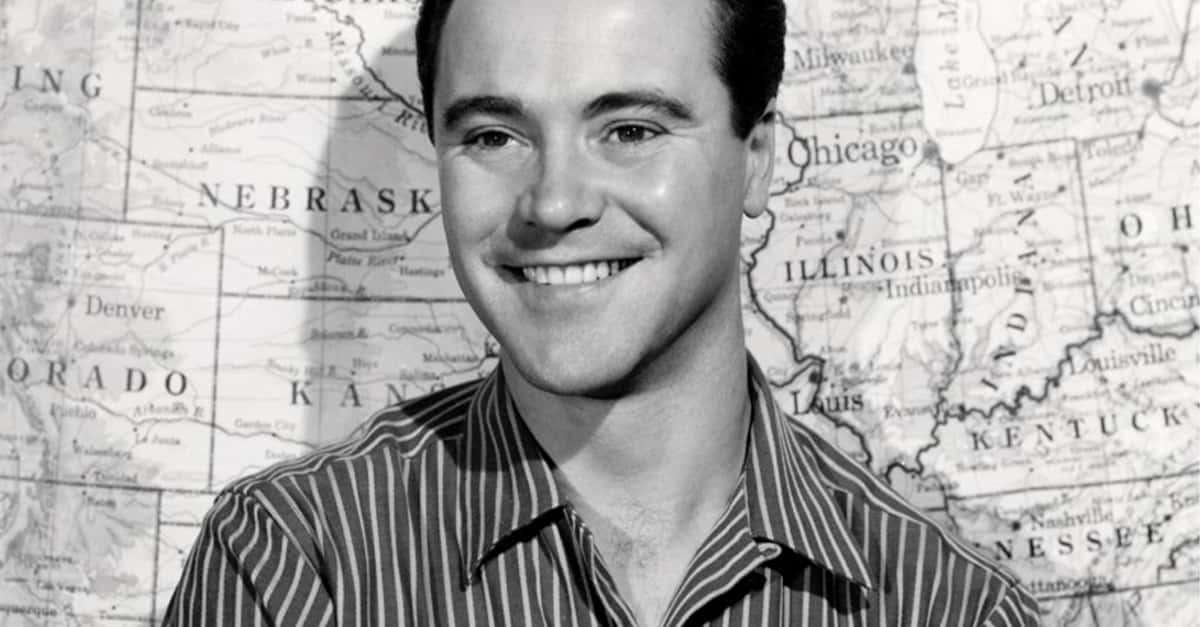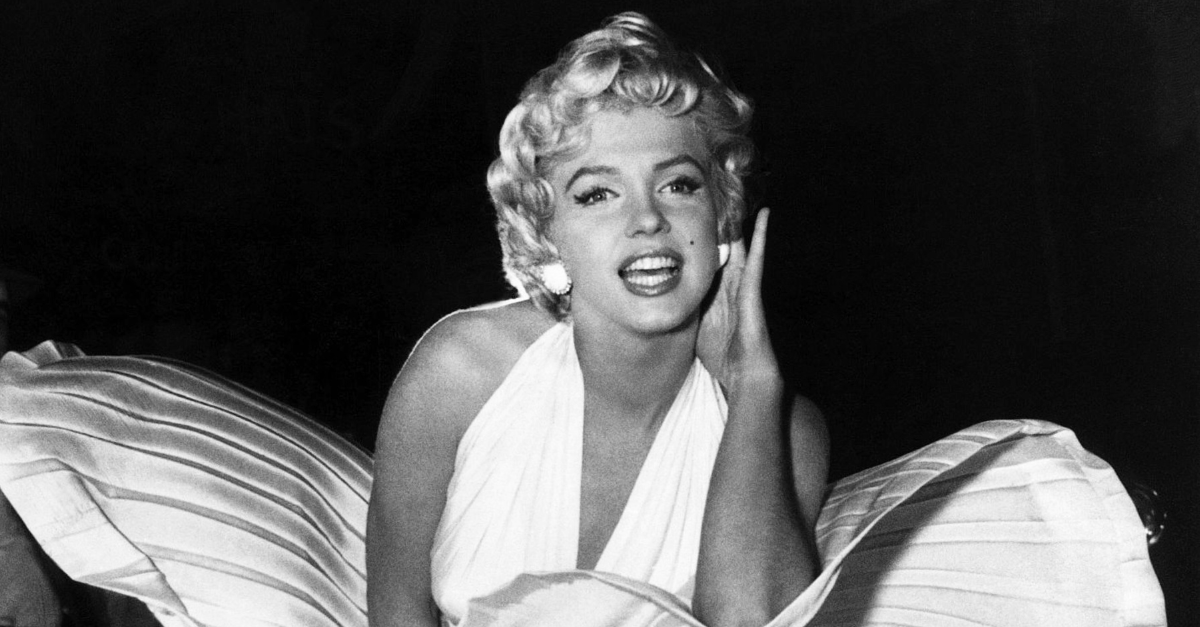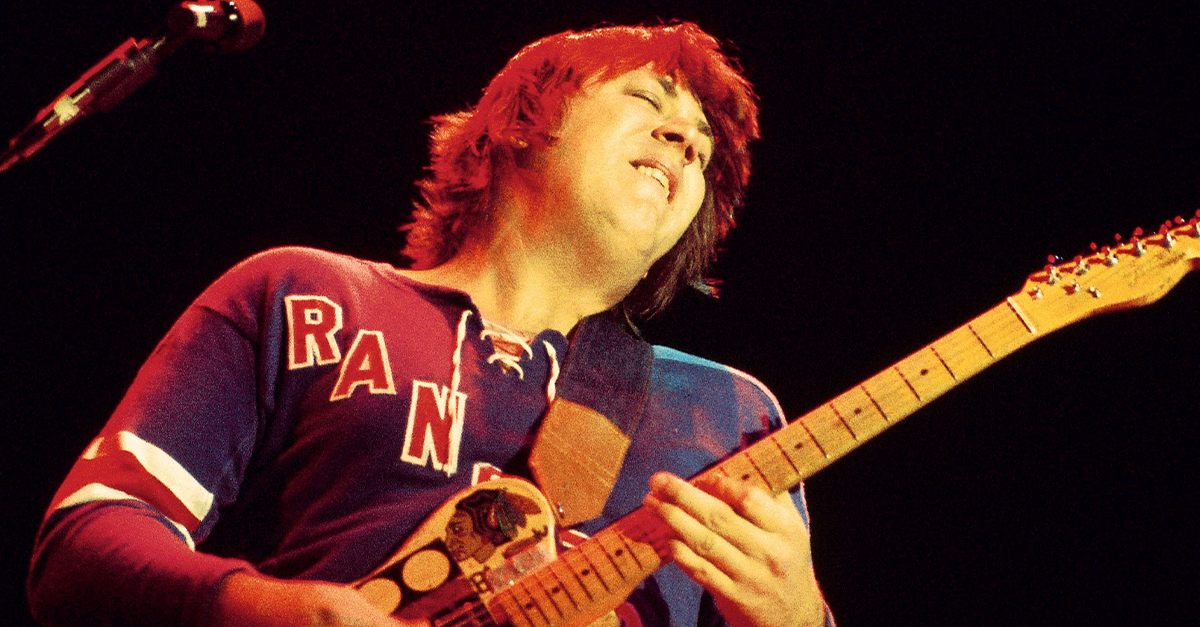The DJ Who Gave Everything for the Music
Tim Bergling was born on September 8, 1989, in Stockholm, Sweden. From a young age, he was obsessed with sound. While other kids were out playing soccer, Tim was in his bedroom, experimenting with beats on his laptop, lost in melodies that no one else could yet hear.
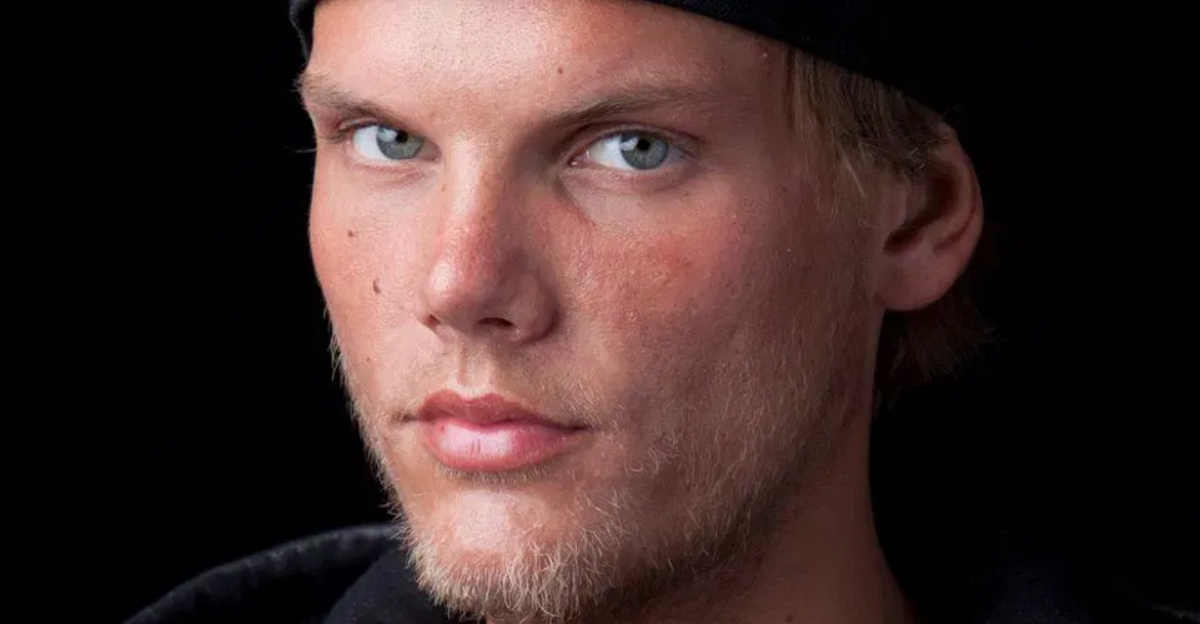
A Quiet Dreamer
Tim wasn’t your typical party guy. He was shy, gentle, and happiest in front of his computer. “I was always introverted,” he once said. “I didn’t like being around too many people.” But when he discovered electronic music, something inside him lit up.
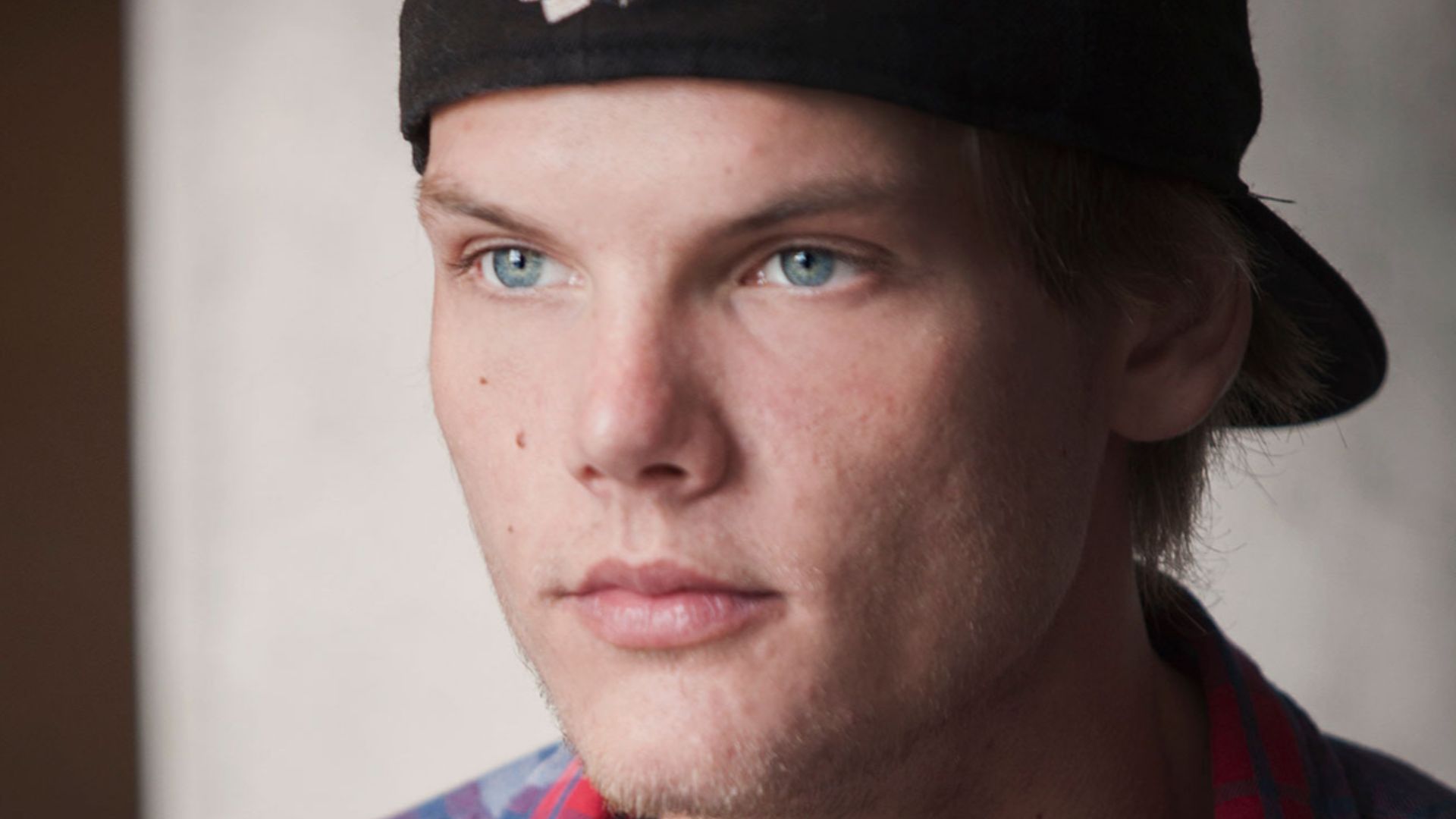 The Perfect World Foundation, Wikimedia Commons
The Perfect World Foundation, Wikimedia Commons
The Birth of Avicii
By 18, Tim started uploading his tracks online under the name Avicii — a reference to the lowest level of Buddhist hell. He said he chose it because the name “sounded cool,” never realizing how symbolic it might one day feel.
 The Perfect World Foundation, Wikimedia Commons
The Perfect World Foundation, Wikimedia Commons
His Breakout Moment
In 2011, his single “Levels” exploded across the world. The song was euphoric — bright, emotional, unforgettable. Overnight, Avicii became one of the biggest names in EDM. But behind the smiling crowds and flashing lights, Tim was overwhelmed. “I didn’t expect any of this,” he said. “It happened too fast.”
Life at 200 Beats Per Minute
As his fame grew, so did the pressure. Tim began touring relentlessly — sometimes performing over 300 shows a year. The constant travel, noise, and sleepless nights began taking a toll. “It’s not real life,” he told a friend. “It’s just airports, hotels, and stages.”
The Party He Didn’t Want
Despite being one of the biggest DJs on Earth, Avicii didn’t actually enjoy the party scene. He rarely drank at first and hated the endless late nights. “People think DJs are wild,” he said. “But I just wanted to make music.” Eventually, the pressure to fit in led him down a darker road.
The Cost of Success
Touring began to destroy his health. He developed acute pancreatitis, partly from heavy drinking, and was hospitalized several times. Even after major surgery, promoters kept pushing him to keep performing. “I was trapped,” he said in a later interview. “I needed to stop, but no one would let me.”
 GlobalGrindTV, Wikimedia Commons
GlobalGrindTV, Wikimedia Commons
The Breaking Point
In 2016, after years of nonstop touring, Avicii shocked fans by announcing his retirement from live performances. He was only 26. “It’s been a crazy journey,” he wrote in an open letter. “But I need to find balance in my life — to be happy and do what feels right.”
 Jalil Arfaoui from Albi, France, Wikimedia Commons
Jalil Arfaoui from Albi, France, Wikimedia Commons
Turning Down Millions
Walking away wasn’t easy. His management and promoters begged him to reconsider. He reportedly turned down tens of millions of dollars in tour offers. But he didn’t care. “The money means nothing,” he said. “I just want to live.”
 The Perfect World Foundation, Wikimedia Commons
The Perfect World Foundation, Wikimedia Commons
Searching for Peace
After retiring from the stage, Avicii traveled the world — exploring places like Madagascar, Oman, and California. He spent his time meditating, reading philosophy, and writing music for himself again. “I’ve been away from the noise,” he said. “It feels good to just be.”
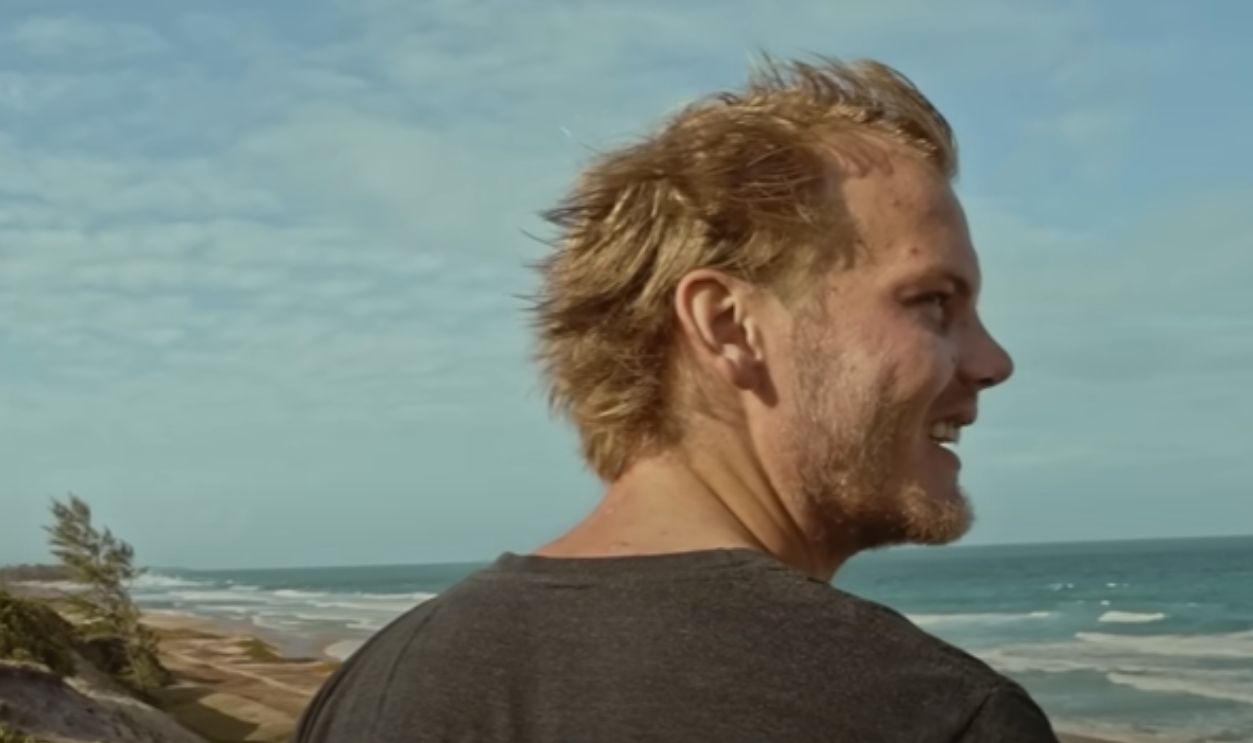 Avicii - Heaven (Tribute Video), Avicii
Avicii - Heaven (Tribute Video), Avicii
The Music That Saved Him
Even after leaving the spotlight, Tim couldn’t stop creating. He poured his emotions into music, using it as a way to process his thoughts. “Music is what makes me feel alive,” he told a friend. “It’s how I make sense of things.”
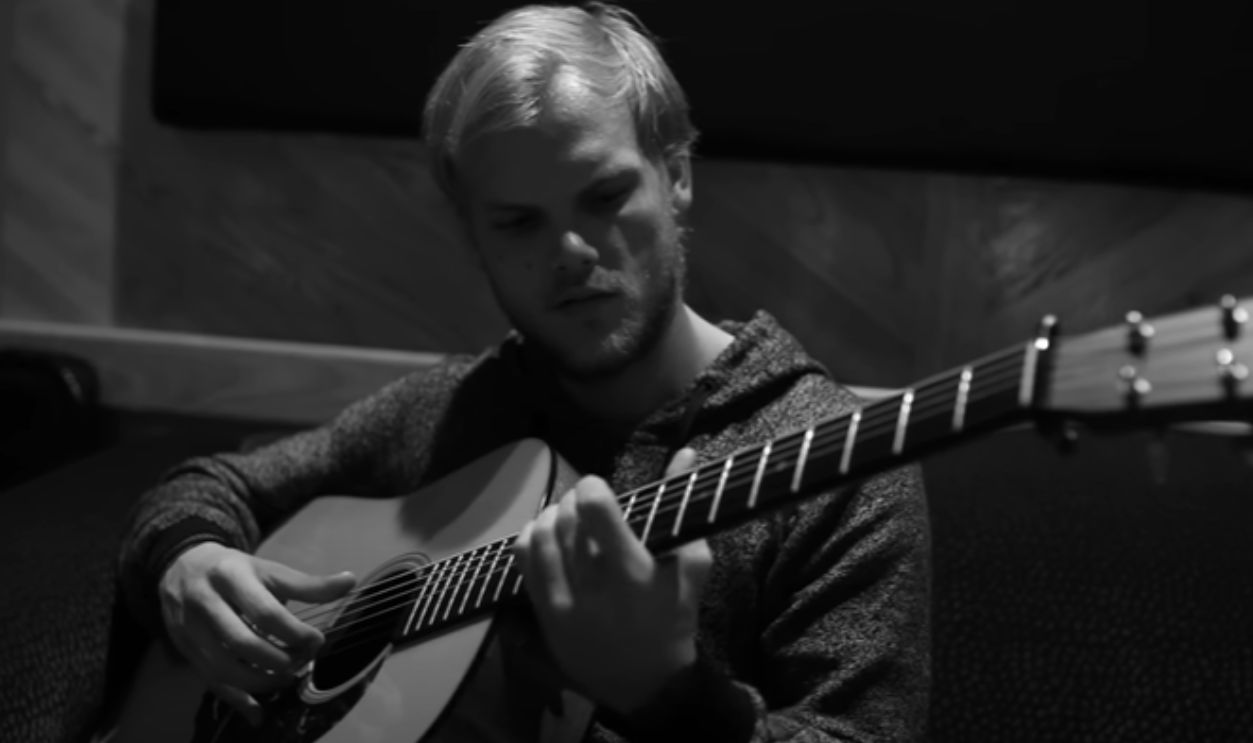 Avicii - The Story Behind “Let’s Ride Away” feat. Elle King, Avicii
Avicii - The Story Behind “Let’s Ride Away” feat. Elle King, Avicii
Lonely at the Top
Despite his incredible talent, Avicii often felt misunderstood. Friends said he struggled with anxiety and the constant intrusion of fame. “He wanted people to love his music, not him,” one close friend said. “He wasn’t built for that kind of life.”
 Avicii Tribute Concert - Levels, Avicii
Avicii Tribute Concert - Levels, Avicii
The Push and Pull of Fame
Tim tried to set boundaries, but the industry kept pulling him back. “Everyone wants a piece of you,” he said in the documentary Avicii: True Stories. “And when you say no, they make you feel guilty.” He just wanted to be Tim again — not Avicii.
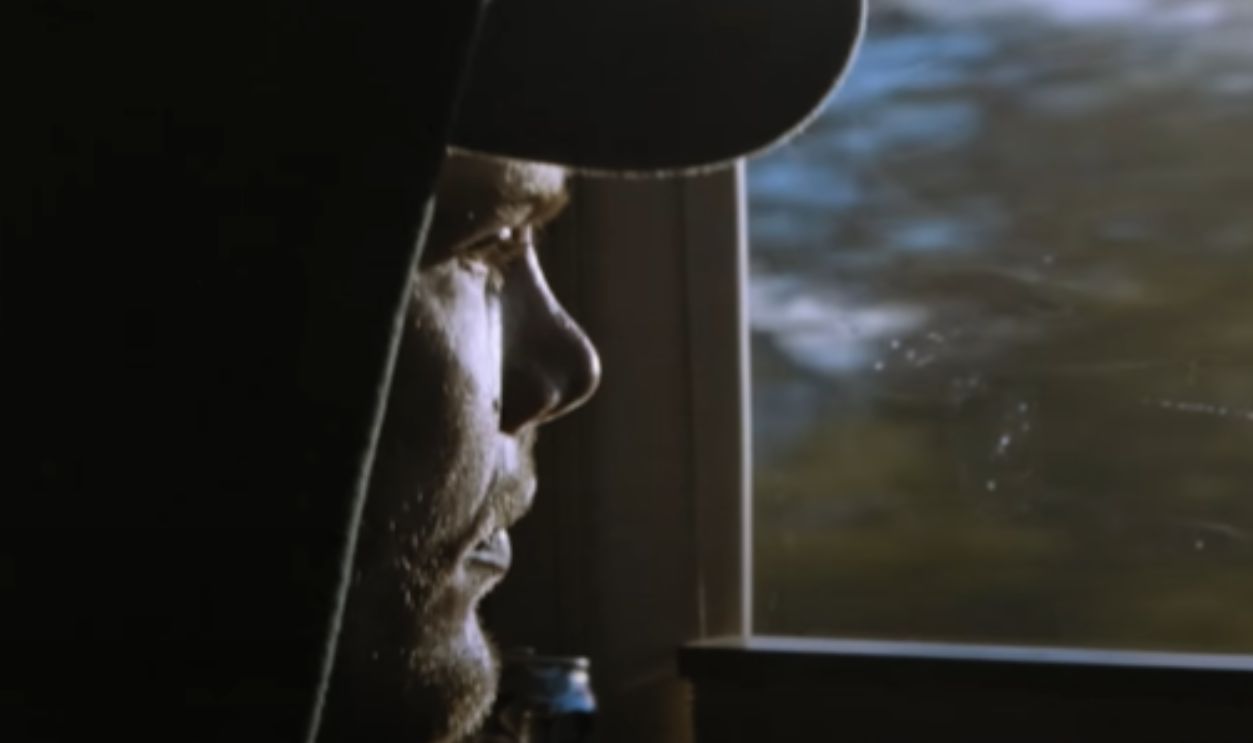 Netflix, Avicii: True Stories (2017)
Netflix, Avicii: True Stories (2017)
His Family’s Concern
His parents, Anki and Klas, worried constantly about him. They urged him to slow down, to take care of himself. “He was too kind to say no,” his father later said. “He wanted to make everyone happy — except himself.”
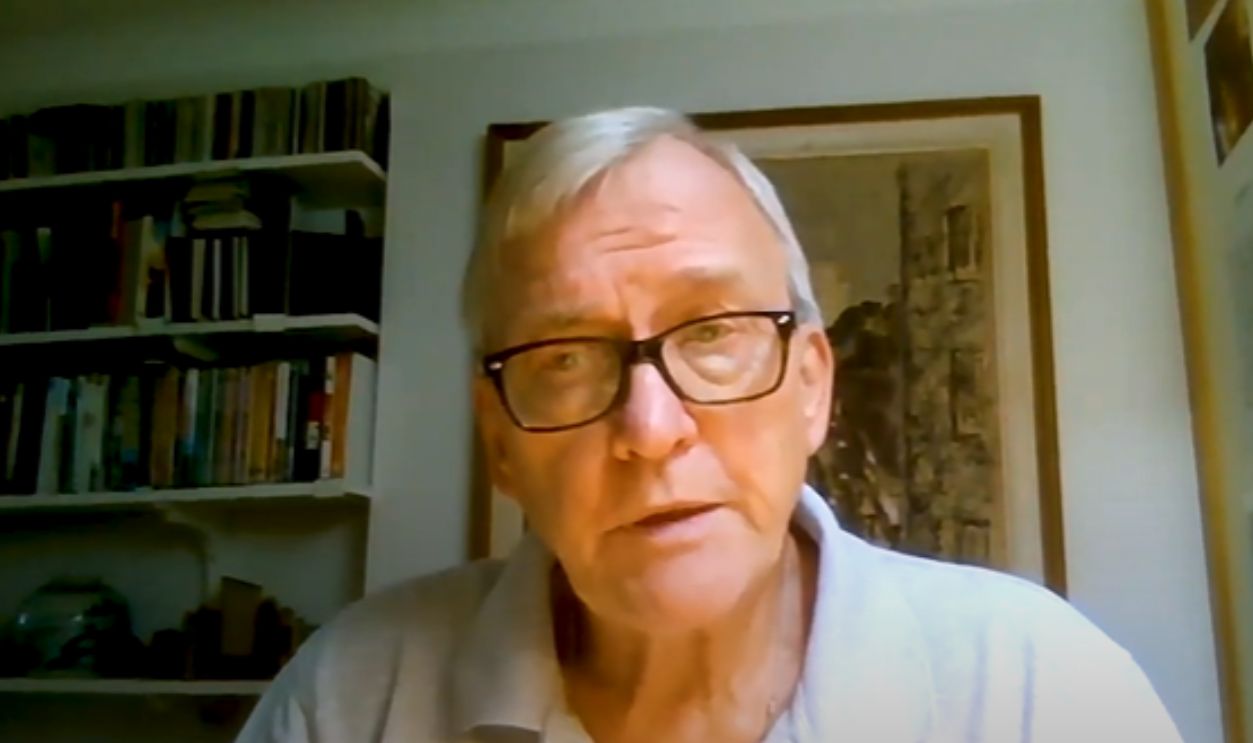 Avicii's Father Reflects on His Son's Mental Health Struggles, SiriusXM
Avicii's Father Reflects on His Son's Mental Health Struggles, SiriusXM
The Music Speaks for Him
Songs like “Wake Me Up,” “Hey Brother,” and “The Nights” carried messages of hope and freedom — themes that mirrored his inner struggles. “One day you’ll leave this world behind,” he wrote in The Nights, “so live a life you will remember.” It’s haunting now, but beautiful too.
The Search for Meaning
After quitting touring, Tim threw himself into spiritual exploration. He read about consciousness, the afterlife, and how to find happiness without fame. “I needed to understand life,” he told a friend. “Because I couldn’t understand my own anymore.”
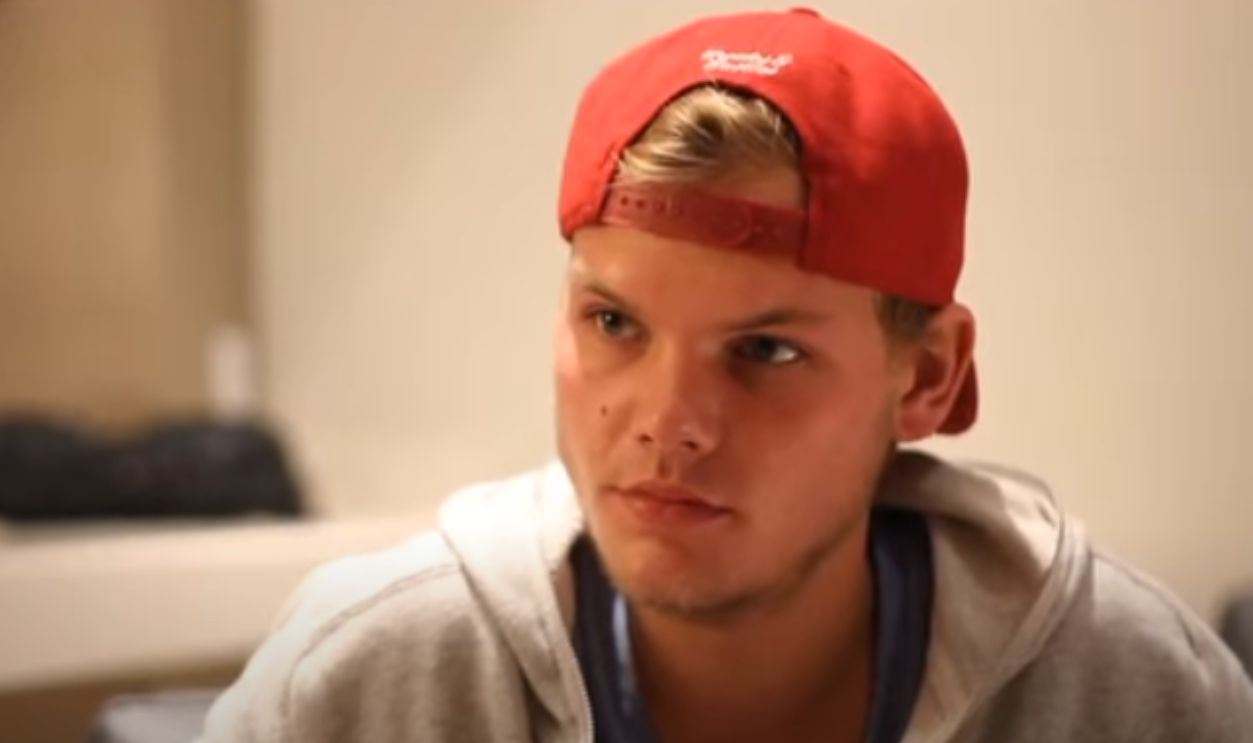 Avicii On Selling Out, Success and Being The Face of Ralph Lauren [Music] | Elite Daily, Bustle
Avicii On Selling Out, Success and Being The Face of Ralph Lauren [Music] | Elite Daily, Bustle
Trying to Heal
He sought therapy and even attended wellness retreats to find peace. Friends described him as kind, introspective, and sensitive to everything around him. “He felt things deeply,” one said. “That’s what made his music so powerful — and his life so hard.”
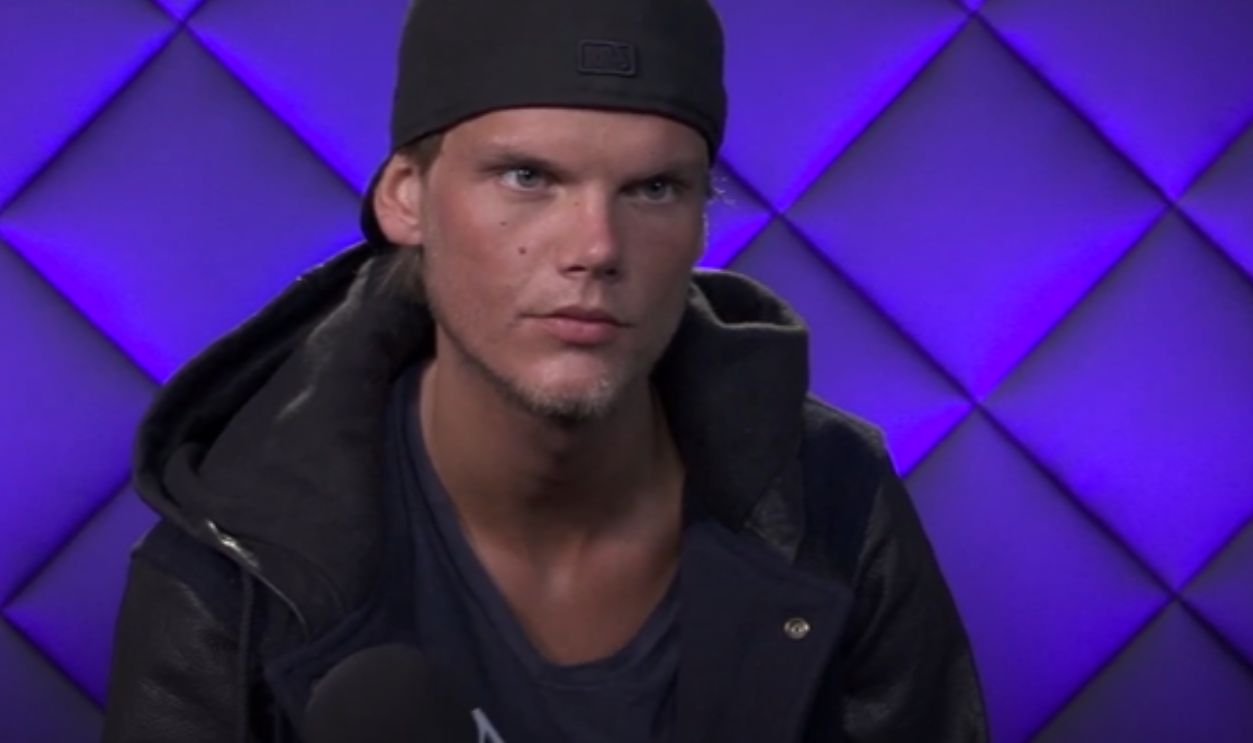 Avicii on 'Wake Me Up's Success & Working w/ Aloe Blacc (2013) | #TBMTV, MTV News
Avicii on 'Wake Me Up's Success & Working w/ Aloe Blacc (2013) | #TBMTV, MTV News
His Final Days
In April 2018, while visiting Oman, Avicii took his own life. He was only 28. His family released a statement that broke hearts around the world: “He could not go on any longer. He wanted to find peace.”
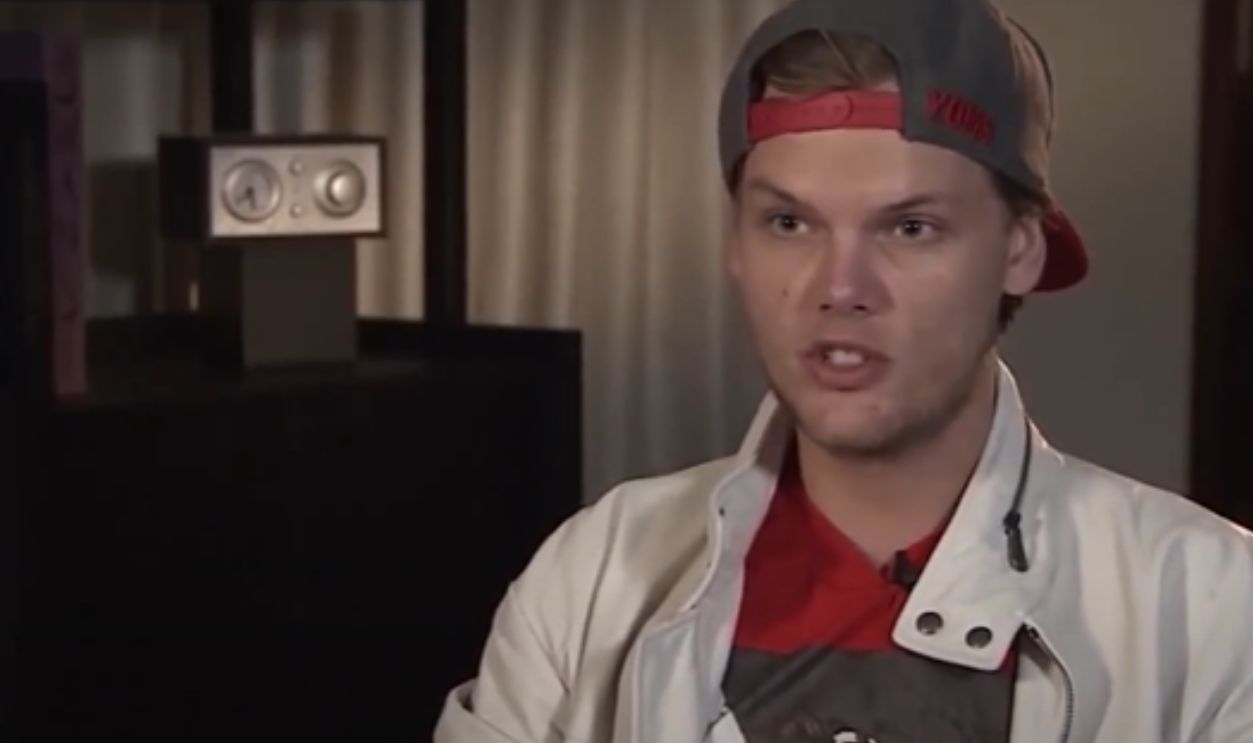 AVICII'S LAST INTERVIEW | ELECTRONIC INTERVIEW, Musicpedia Interviews
AVICII'S LAST INTERVIEW | ELECTRONIC INTERVIEW, Musicpedia Interviews
The Shock of Loss
Fans, artists, and DJs everywhere mourned him. Calvin Harris called him “a beautiful soul with so much talent.” Madonna said he changed the sound of pop forever. For millions of fans, it felt like losing a friend.
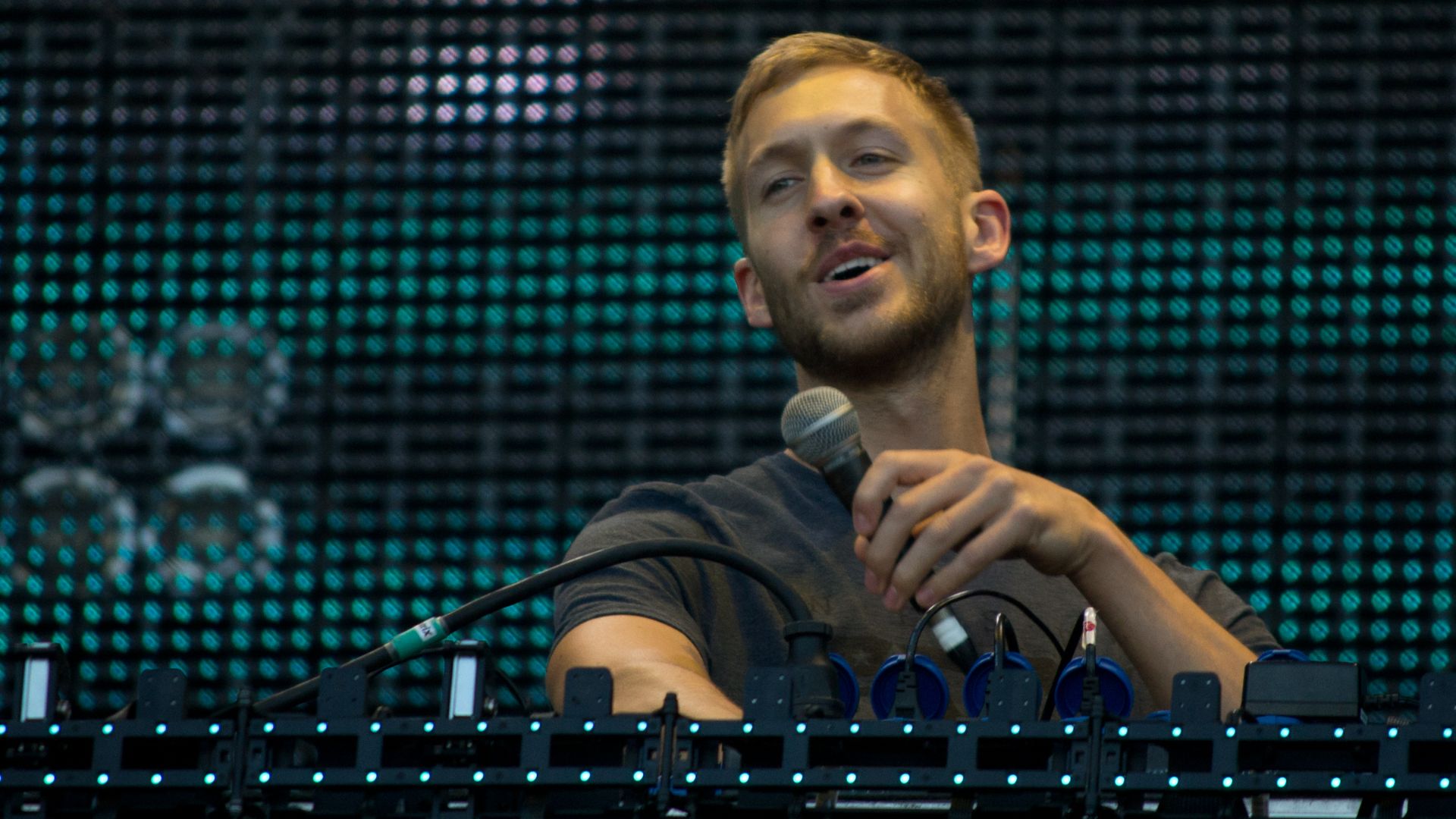 Carlos Delgado, Wikimedia Commons
Carlos Delgado, Wikimedia Commons
The Music Lives On
After his death, Avicii’s unfinished songs were released as the posthumous album TIM. It was a love letter to his fans — filled with reflection, melancholy, and hope. Listening to it feels like hearing his heart one last time.
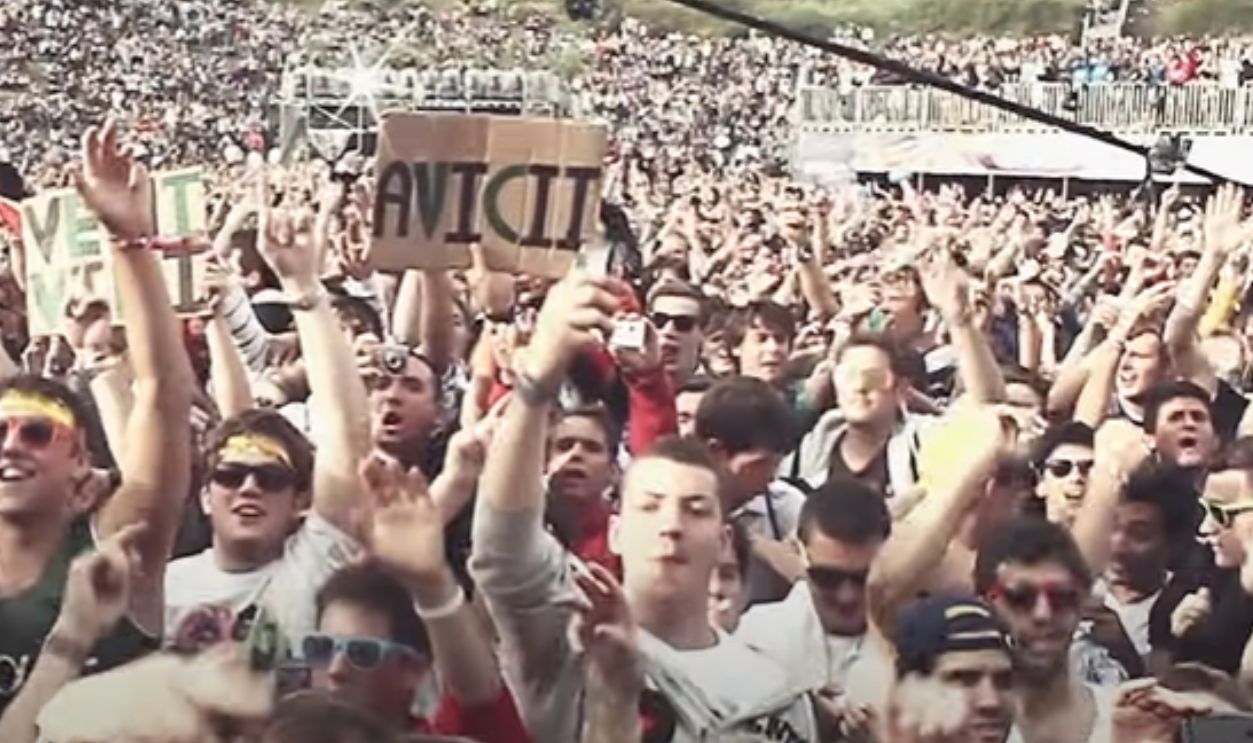 Avicii: The Inside Story, A Year On From His Tragic Death, BBC Three
Avicii: The Inside Story, A Year On From His Tragic Death, BBC Three
A Legacy Beyond the Charts
Tim’s family created the Tim Bergling Foundation, dedicated to supporting mental health and suicide prevention. It’s how they’ve kept his spirit alive — by helping others who feel the same pain he once did.
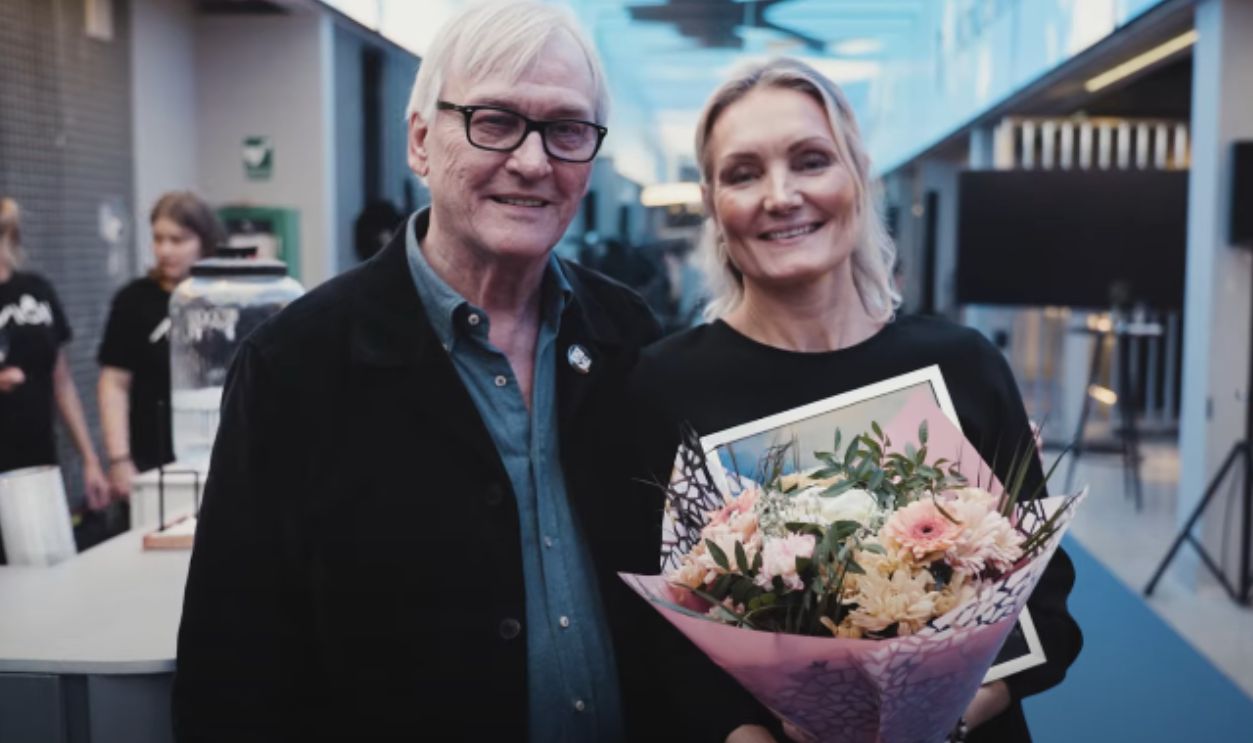 THE TIM BERGLING FOUNDATION ANNUAL DAY ON DECEMBER 5, 2024, Tim Bergling Foundation
THE TIM BERGLING FOUNDATION ANNUAL DAY ON DECEMBER 5, 2024, Tim Bergling Foundation
What He Wanted Most
At his core, Avicii didn’t want fame. He just wanted to create music that made people feel something. “I’m happiest when I’m in the studio,” he once said. “That’s when everything else disappears.” That simple truth defined his entire life.
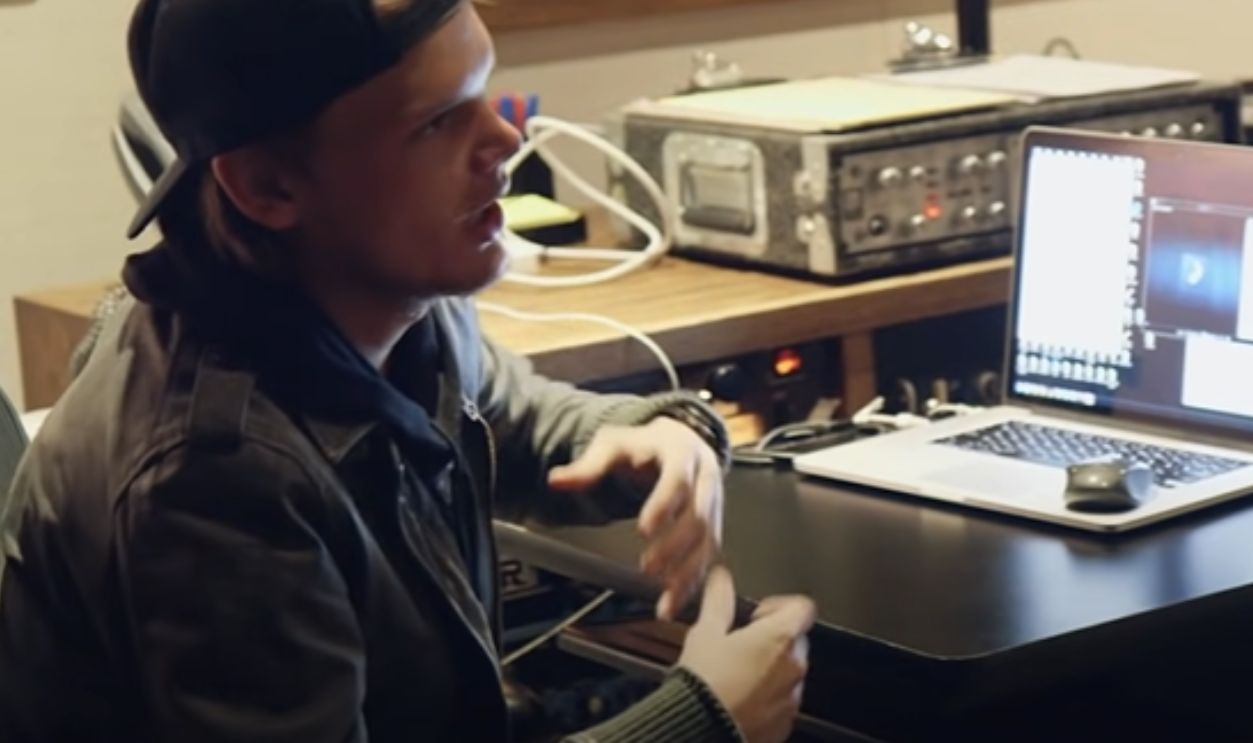 Avicii: The Inside Story, A Year On From His Tragic Death, BBC Three
Avicii: The Inside Story, A Year On From His Tragic Death, BBC Three
Remembering Tim, Not Avicii
When people talk about him now, they speak of his kindness, his humility, and his quiet brilliance. “He didn’t care about being cool,” one collaborator said. “He just cared about doing something good.”
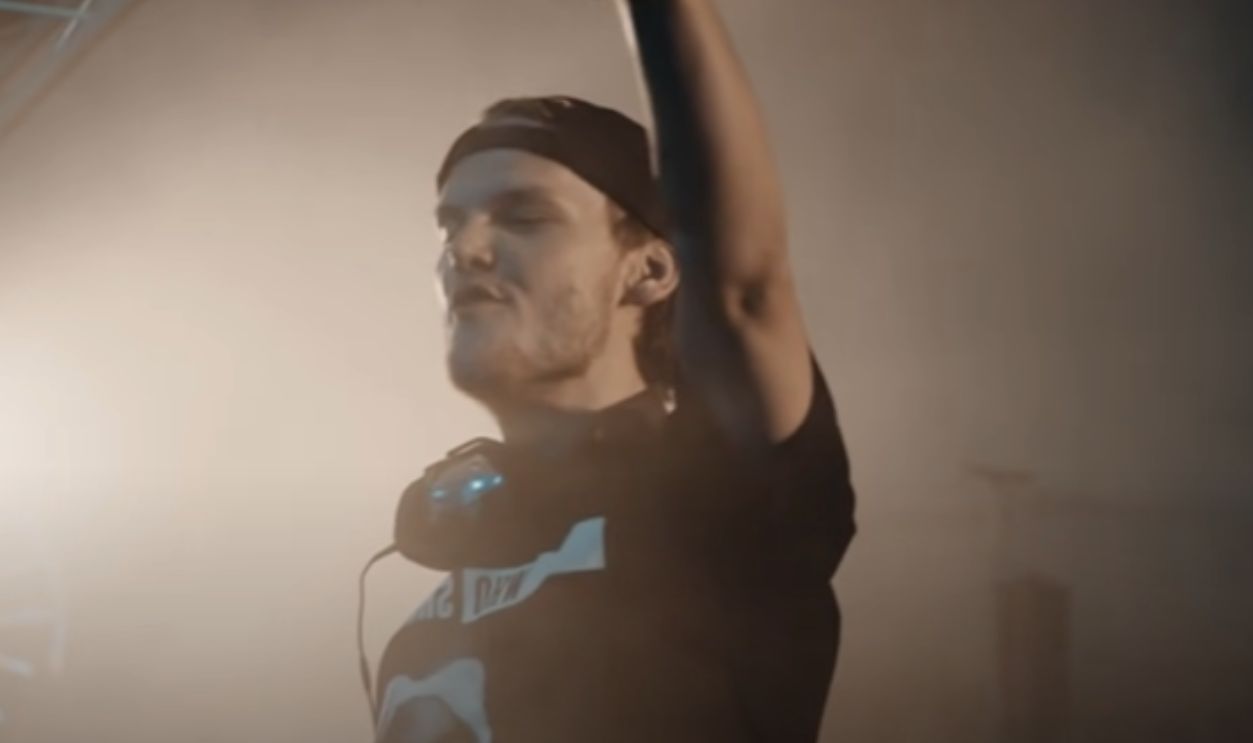 Avicii: The Inside Story, A Year On From His Tragic Death, BBC Three
Avicii: The Inside Story, A Year On From His Tragic Death, BBC Three
Gone Too Soon, But Never Forgotten
Tim Bergling gave the world joy, even when he had none left for himself. His story is tragic, but it’s also a reminder: even the brightest lights burn fragile. His music still lifts people up — just as he always hoped it would.
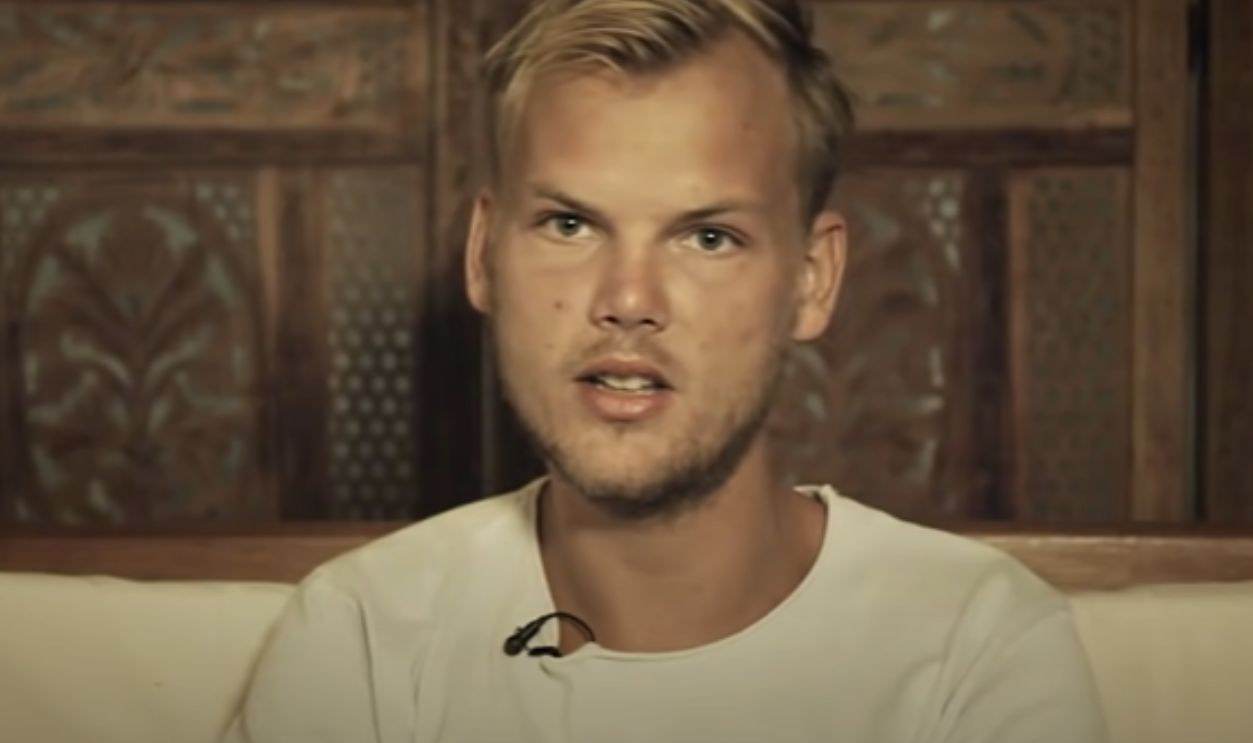 Avicii: The Inside Story, A Year On From His Tragic Death, BBC Three
Avicii: The Inside Story, A Year On From His Tragic Death, BBC Three
You May Also Like:

